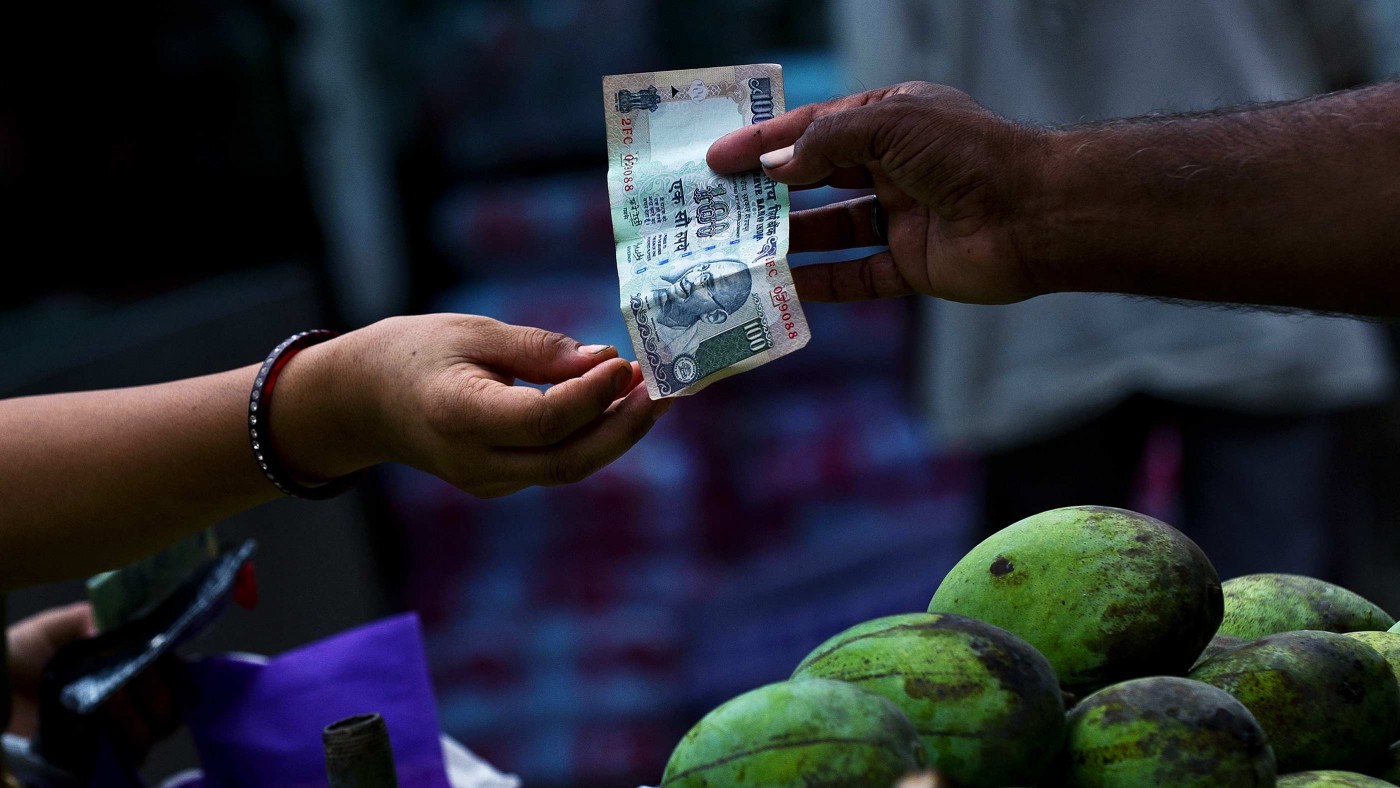Since capitalism has become the world-wide economic model, billions of men and women have left mass poverty behind and lead lives unimaginable to their forebears. Under the influence of the likes of Adam Smith in the UK or Jean-Baptiste Say in France, capitalism had been known as the way towards the wealth of nations.
Yet theirs was only theoretical knowledge. The universality of capitalism needed to be proven on the ground and the evidence is all around us. A recent report from the International Labour Organisation shows us that the global middle class continues to grow heartily, which now represents 40% of the labour force across poor countries. It states that “for the first time in history, over the next several years, most new jobs in the developing world are likely to be of sufficient quality to allow workers and their families to live above the equivalent of the poverty line in the United States.” The World Bank predicts that the share of the world population living in poverty will fall to 11% in 2020 after having from 42% between 1981 and 2005.
After the collapse of communism in 1989, all nations (with some counter-proofs, like Cuba and North Korea) have rallied market capitalism, and it works. The success is universal but unequal: some countries are doing better than others. Why, for example, are the Chileans more successful than their Argentinean neighbours? Why is China slowing down and India set to catch up? The answer cannot be found by looking at natural resources or the level of education: South Korea, as a reminder, took off when the Koreans had low literacy rates, but – crucially – they were permitted to create their own businesses.
It seems to us that varied rates of growth, in the long run, can only be explained by the depth of capitalist institutions. Capitalism is not only free enterprise, competition, free exchange: it is a system that works best when its cultural roots are understood and shared by the people. Historians now agree that Genoa was the first popular capitalist economy where contracts replaced family ties as the basis of commerce. These nations shared, as they always do, a common culture – usually defined as Western values. But what are these Western values – tenets that are more often mentioned rather than defined?
I would define it by its unique capacity, or tolerance, for criticism and self-criticism which culminated with the Enlightenment but started long before. In most other civilizations, glorification of the self and of the people in power is the norm. Only in the West is deprecation of the self and of the other tolerated. We can see this unique cultural character in Greek philosophy. Only in ancient Thebes would you find Antigone refusing to obey King Creon in the name of divine law. She, in a way, is the mythical ancestor of real secular dissidents who fight, in the name of natural law, for the values of freedom, independence and self-determination.
Nations trained into permanent criticisms, however, could not live peacefully if not constrained by some commonly accepted rules: the rule of law was and remains the indispensable complement of the right to criticism. The sense of autonomy that results from this bestows upon individuals an agency to better themselves and the world around them, leading to innovation and progress.
If our hypothesis is right, we should confront it with current reality. Returning to some of the countries mentioned before, the rule of law and the right to criticize (through freedom of the press, for example) in Chile, are uncontested: in Argentina, they have hardly survived a succession of authoritarian regimes. President Kirchner’s 2009 Audiovisual Media Law, under the guise of promoting media plurality, has been used to suppress freedom of expression and criticism emanating from hostile sources like Grupo Clarín or Noticias. South Korea passes our test; China does not. South Korea has long been among the leading countries in the number of registered triadic patents. Despite the fact that, according to Bloomberg, Chinese Taiwan has more patents per capita and per $1m of R&D spending, the world still waits for a Chinese universal-brand, or a revolutionary innovation to catch attention. China’s capitalism remains mostly based on the exploitation of its cheap workforce, moving from the poor countryside to more promising jobs in the cities, and a penchant for replicating western inventions.
Why are most Arab countries mired into poverty? Egypt, which was socialist in the 1960s, has since turned to capitalism without achieving significant success because its economic superstructure is not supported by the cultural base required for prosperity. The underlying motivation for the Egyptian revolution, triggered by a cost-of-living crisis, arose from the contrast between a wealthy new elite with family connections to President Mubarak and the impossibility of starting any new enterprise without greasing the palm of petty bureaucrats.Crony capitalism has concentrated much of the wealth in Moscow while the rest of the country remains stuck in Soviet-era misery.Last year’s Global Wealth Study published by Credit Suisse found that 35% of Russia’s household wealth is concentrated among just 110 individuals.
Should we conclude from this accelerated world tour that capitalism looks universal but actually is not? Is the cultural infrastructure of capitalism attached to Western values and therefore grounded in ethnography? South Korea, Turkey, Japan, among others, have entered into the era of authentic popular capitalism where anyone can become an entrepreneur and express himself or herself as openly as in the West. Koreans are no less Koreans, the Japanese remain proudly monocultural, and the Turks have married a secular state with the Islamic faith.
These stories show that Western values became initially dominant in the West but they actually belong to the common core of human civilization, everywhere: only some rulers have been able to repress the human aspirations towards freedom with better success than others. When repression recedes, criticism, innovation and entrepreneurship can bloom spontaneously in its place.


